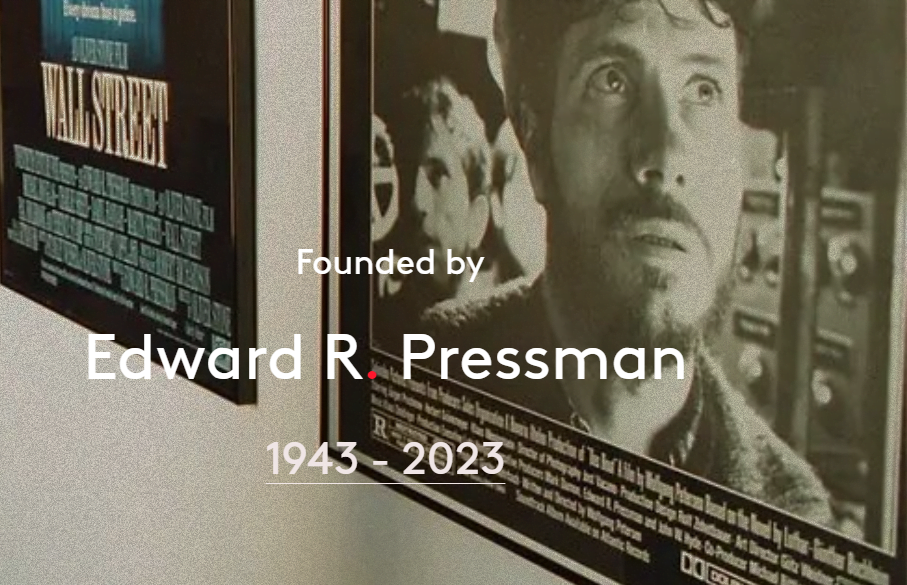In recent years, the intersection of blockchain and finance has created innovative avenues for investment, with one standout being tokenized bonds. This digital transformation of traditional financial instruments has caught the attention of industries across the globe, offering efficiency, accessibility, and greater liquidity. As tokenized bonds begin to disrupt the world of crowdfunding, they bring exciting opportunities for both investors and issuers, reshaping how capital is raised and managed.
In this article, we’ll explore how tokenized bonds work, the benefits they offer in the context of crowdfunding, and why they are positioned to become a fundamental tool in the future of finance.
What Are Tokenized Bonds?
At its core, a tokenized bond is a digital representation of a traditional bond, issued and traded on a blockchain. Tokenization involves creating digital tokens that represent ownership of a real-world asset—in this case, a bond. These tokens can be easily divided, transferred, and traded, much like cryptocurrencies.
Tokenized bonds work by using blockchain technology to issue and manage bonds. Issuers, such as corporations or governments, can tokenize a bond by converting it into a digital token that represents a share of the bond’s value. Each token is backed by the same legal rights and obligations as a traditional bond, including regular interest payments and the repayment of principal at maturity.
By placing these digital tokens on a blockchain, every transaction, ownership change, and payment is recorded on a decentralized ledger. This record is immutable, meaning it cannot be altered or tampered with, ensuring transparency and security for all parties involved.
How Tokenized Bonds Work in Practice
Issuing a tokenized bond involves a few key steps:
- Tokenization of the Bond: A financial institution or entity issues a bond in digital form. The bond is then represented by tokens, with each token representing a fraction of the total bond value.
- Smart Contracts: These self-executing contracts are embedded in the blockchain, automating functions such as interest payments, redemption at maturity, and the transfer of ownership. Smart contracts also enforce compliance, ensuring that the bond adheres to legal and regulatory standards.
- Trading on a Blockchain: Once issued, tokenized bonds can be traded on blockchain-based platforms, similar to how stocks are traded on exchanges. This enables investors to buy, sell, or transfer their tokens, allowing for greater flexibility and liquidity compared to traditional bonds.
- Payments and Maturity: Interest payments (coupons) are made automatically through the blockchain, with the smart contract ensuring that payments are distributed to token holders. Upon maturity, the principal is returned to investors in the same manner.
The beauty of tokenized bonds lies in their ability to fractionalize ownership, making them accessible to a wider range of investors. This democratization of bond investment, paired with the efficiency of blockchain, is what sets tokenized bonds apart from their traditional counterparts.
The Benefits of Tokenized Bonds in Crowdfunding
Tokenized bonds offer a host of benefits to both issuers and investors, making them particularly well-suited for the crowdfunding space. Here’s why tokenized bonds are a powerful tool in blockchain crowdfunding:
1. Accessibility for Small Investors
Historically, bonds have been reserved for institutional investors or high-net-worth individuals due to their high entry barriers. Tokenization breaks these bonds into smaller, more affordable portions, allowing retail investors to buy fractions of a bond instead of needing large sums of capital to participate. This opens up a once-exclusive market to everyday investors, which is critical for crowdfunding platforms that aim to attract a broad pool of contributors.
2. Increased Liquidity
One of the key issues with traditional bonds is their lack of liquidity. Bondholders are often locked into their investment for the duration of the bond term unless they can find a buyer willing to take it off their hands, which can be challenging. Tokenized bonds address this by making it easier to buy and sell bonds in secondary markets.
By issuing bonds on blockchain platforms, tokenized bonds enable faster, more efficient trading. Investors can easily buy or sell their tokens on the open market without needing to wait for the bond’s maturity, offering a liquidity level that is rare in traditional bond markets.
3. Transparency and Security
The decentralized nature of blockchain provides enhanced transparency and security. Every transaction is recorded on the blockchain’s ledger, which is visible to all participants and cannot be altered. This makes it easier for investors to track their investments and ensures that issuers cannot engage in fraudulent activities.
For issuers, this transparency builds trust with investors, a crucial factor in successful crowdfunding campaigns. With blockchain’s immutable ledger, tokenized bonds offer a level of security that traditional bonds cannot match, reducing the risk of fraud and ensuring that all transactions are verified and legitimate.
4. Efficiency and Cost Reduction
Traditional bond issuance is a complex and costly process, involving multiple intermediaries such as brokers, banks, and clearinghouses. These intermediaries add layers of complexity and costs that can make bond issuance prohibitively expensive for smaller entities.
Tokenized bonds cut out the middlemen, allowing issuers to deal directly with investors. Smart contracts automate many of the processes that would otherwise require human intervention, reducing operational costs and speeding up transactions. This makes tokenized bonds a cost-effective solution for issuers looking to raise capital via crowdfunding.
5. Global Reach and Diversity of Investors
One of the most exciting aspects of tokenized bonds in crowdfunding is their ability to tap into global markets. Blockchain operates across borders, allowing investors from different parts of the world to participate in a bond issuance. This global reach increases the potential pool of investors, providing issuers with more opportunities to raise capital.
For investors, tokenized bonds provide access to international markets that might otherwise be difficult to penetrate. This increased diversity of investment options is a significant draw for crowdfunding participants looking for new and innovative opportunities.
6. Fractional Ownership and Portfolio Diversification
With tokenized bonds, investors can purchase fractional shares, allowing them to diversify their portfolios without needing to commit large sums of capital to any single bond. This ability to hold small portions of various bonds gives investors the flexibility to spread risk and tailor their investments according to their financial goals and risk tolerance.
Crowdfunding platforms, which thrive on the participation of a diverse range of investors, stand to benefit immensely from this feature. Fractional ownership allows for a broader range of backers, from seasoned investors looking to diversify their portfolios to newcomers who want to test the waters.
Sectors Benefiting from Tokenized Bonds
Tokenized bonds have vast potential across various sectors, particularly in industries that require large capital investments. Crowdfunding platforms, which often serve startups or projects that struggle to attract traditional funding, are perfect candidates for tokenized bonds. Some of the sectors that can benefit the most include:
- Real Estate: Tokenized bonds allow real estate developers to raise funds for large projects by offering investors the opportunity to own fractional shares in property-backed bonds. This provides a more liquid and accessible way to invest in real estate.
- Infrastructure: Large-scale infrastructure projects, such as transportation or energy grids, often require significant upfront capital. Tokenized bonds provide a way to democratize funding for these projects by allowing smaller investors to participate.
- Renewable Energy: The renewable energy sector, which is capital-intensive and often reliant on government funding, can benefit from tokenized bonds by raising capital directly from a diverse investor base. This can help fund projects that might otherwise struggle to secure traditional financing.
The Future of Tokenized Bonds in Crowdfunding
The adoption of tokenized bonds is still in its early stages, but the potential for growth is immense. As more sectors realize the benefits of tokenization, and as blockchain technology becomes more integrated into financial systems, tokenized bonds are expected to become a standard method for raising capital. Crowdfunding platforms will likely lead this charge, as they provide an ideal environment for the widespread use of tokenized bonds.
However, challenges remain. Regulatory hurdles, technological integration, and market acceptance are still evolving. But as these challenges are addressed, tokenized bonds will unlock new opportunities for both issuers and investors, revolutionizing how crowdfunding campaigns raise capital.
Tokenized bonds represent the future of blockchain crowdfunding, offering an efficient, transparent, and democratized way to raise capital. Their ability to fractionalize ownership, increase liquidity, and reduce costs makes them an attractive option for both issuers and investors. As the financial landscape continues to evolve, tokenized bonds are poised to play a crucial role in transforming how we think about crowdfunding and investment.
For crowdfunding platforms, embracing tokenized bonds could be the key to attracting a broader range of investors and bringing innovative projects to life. For investors, tokenized bonds offer access to previously inaccessible markets, allowing for greater portfolio diversification and participation in global capital markets. As blockchain technology continues to disrupt traditional finance, tokenized bonds are leading the way to a more inclusive and efficient financial future.



